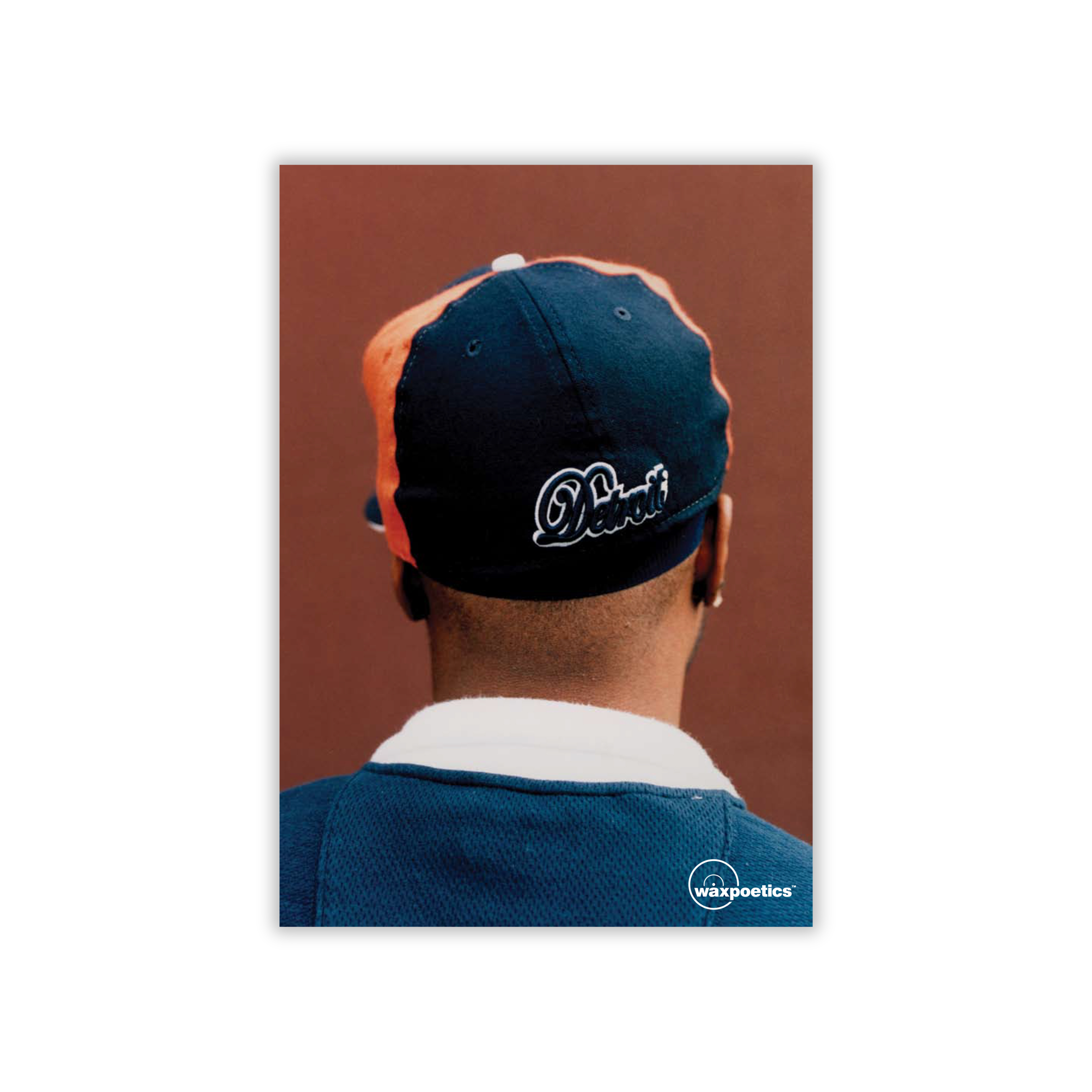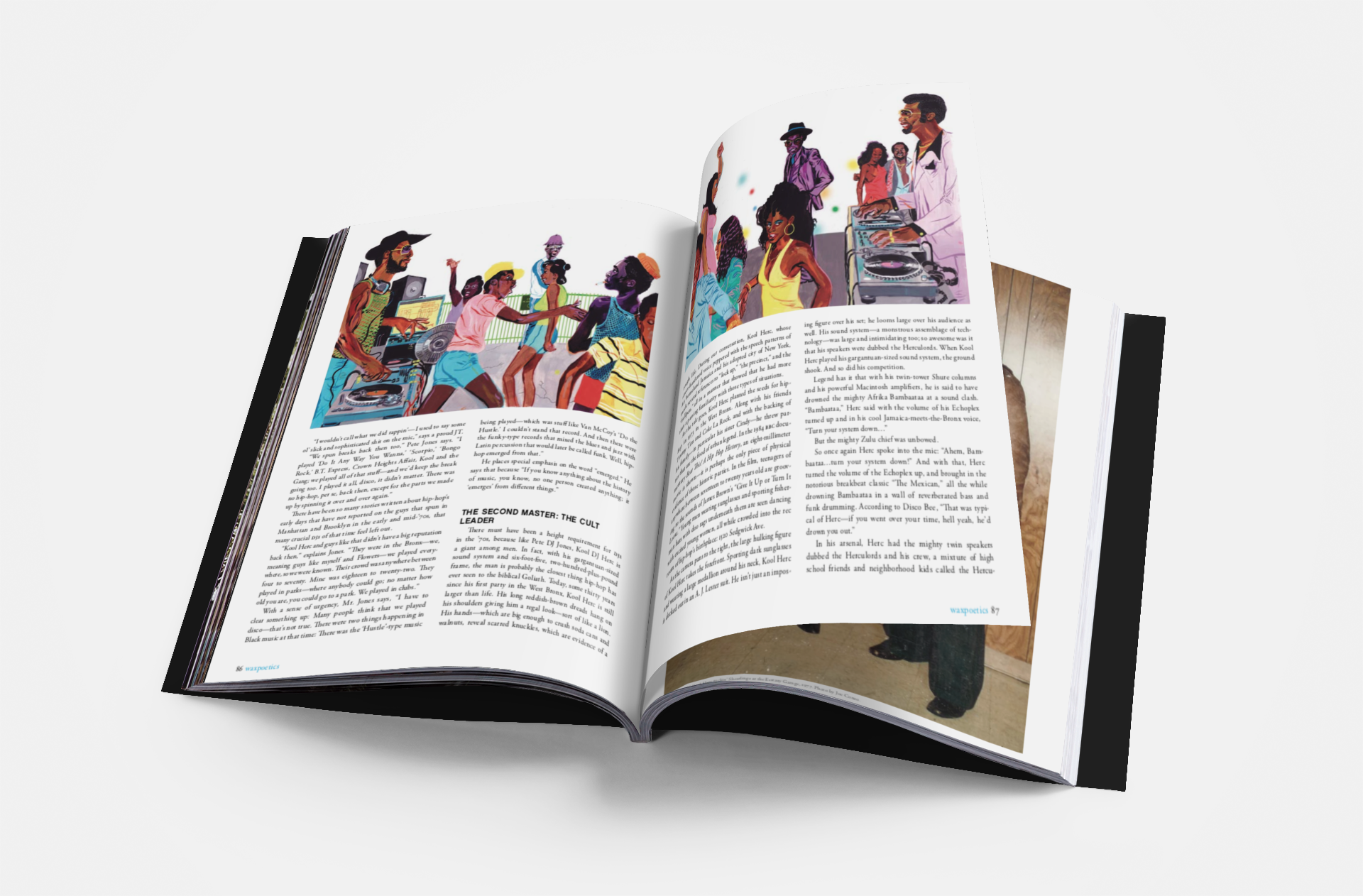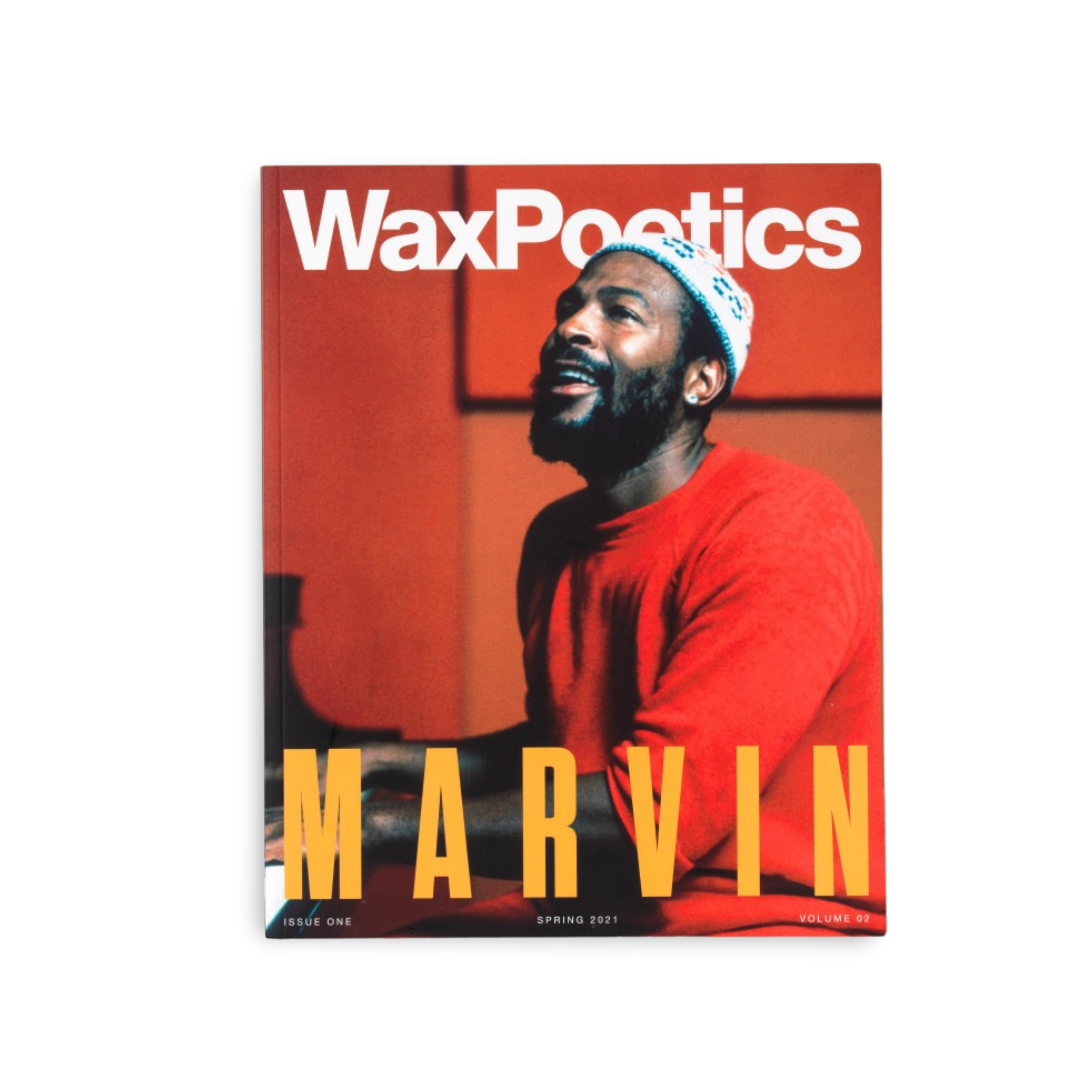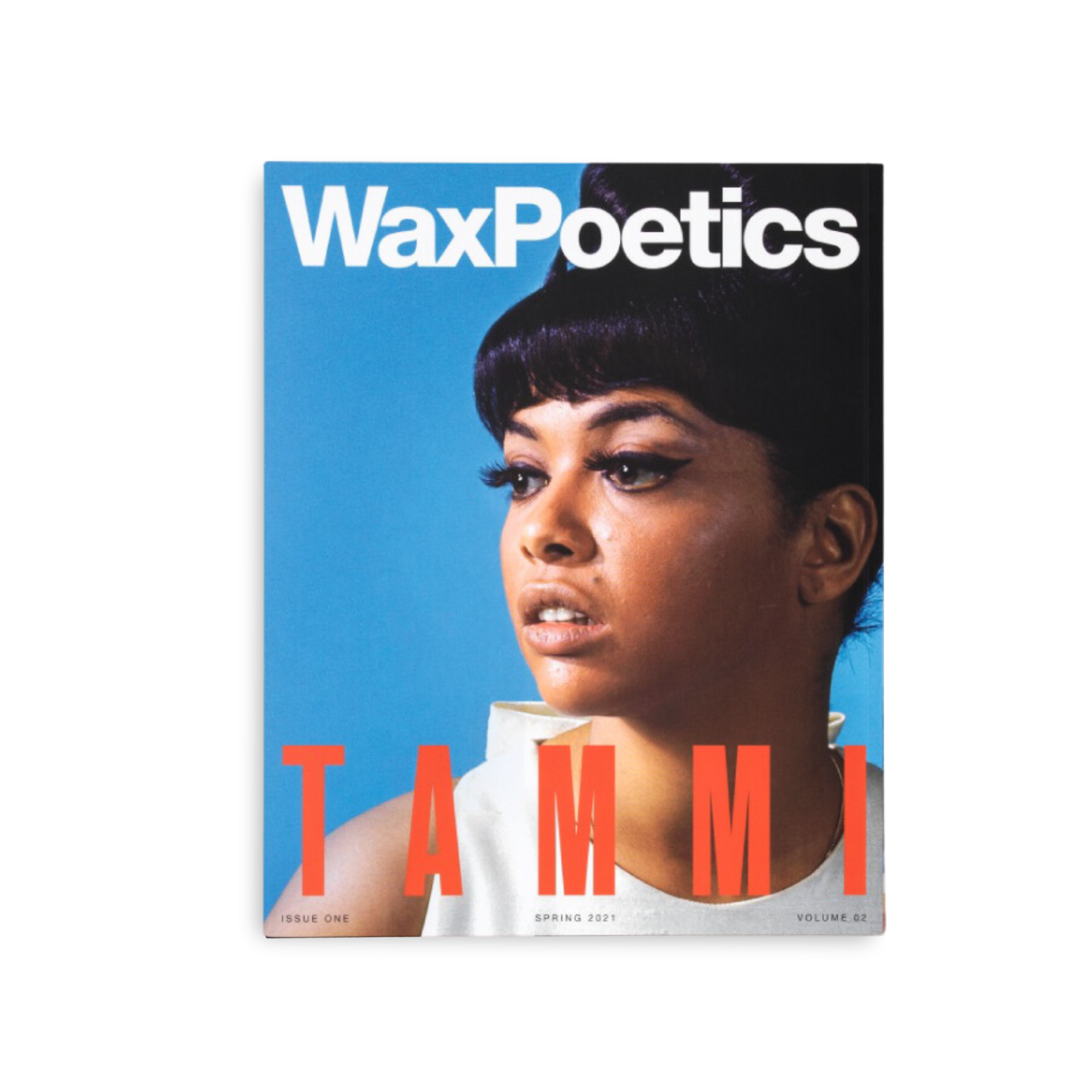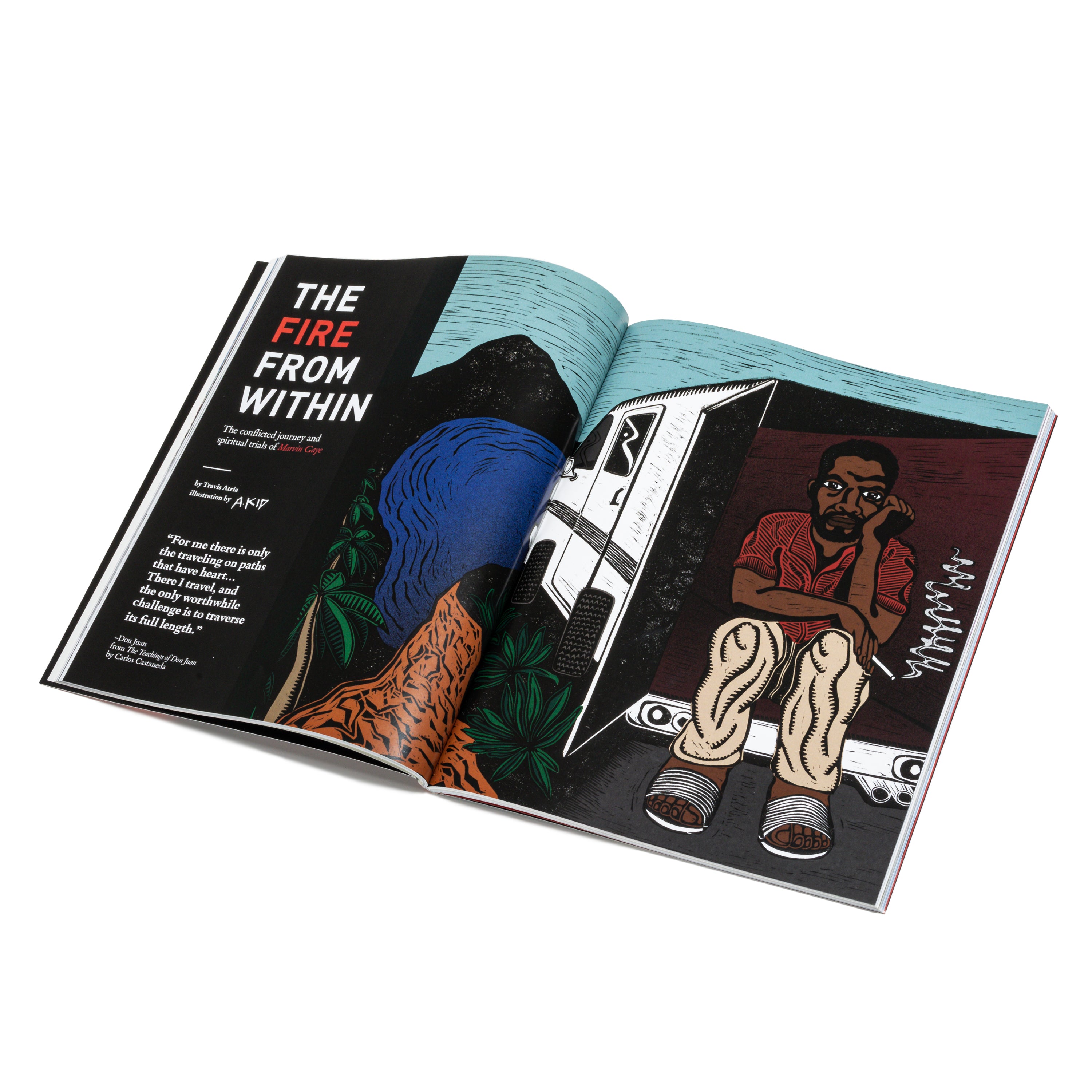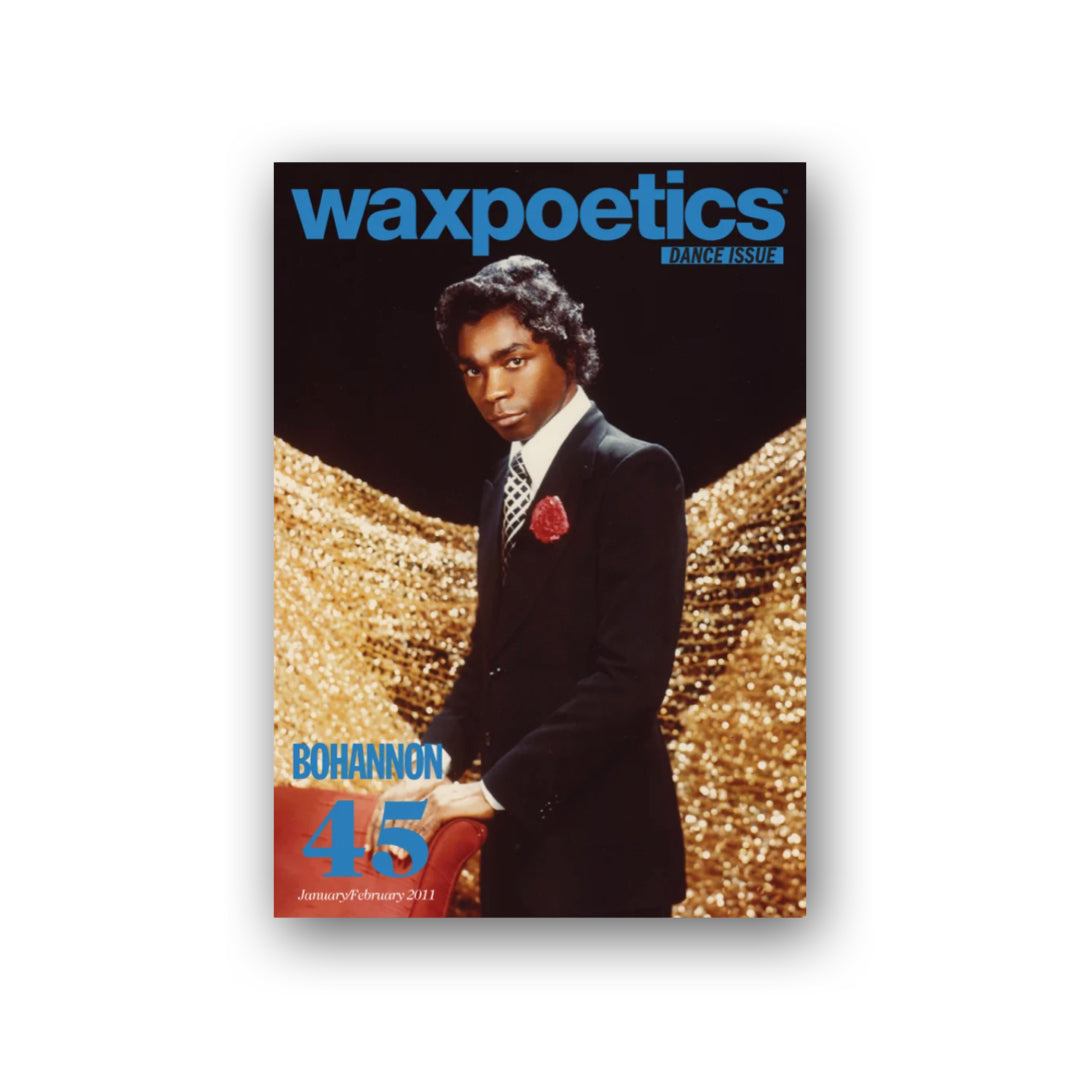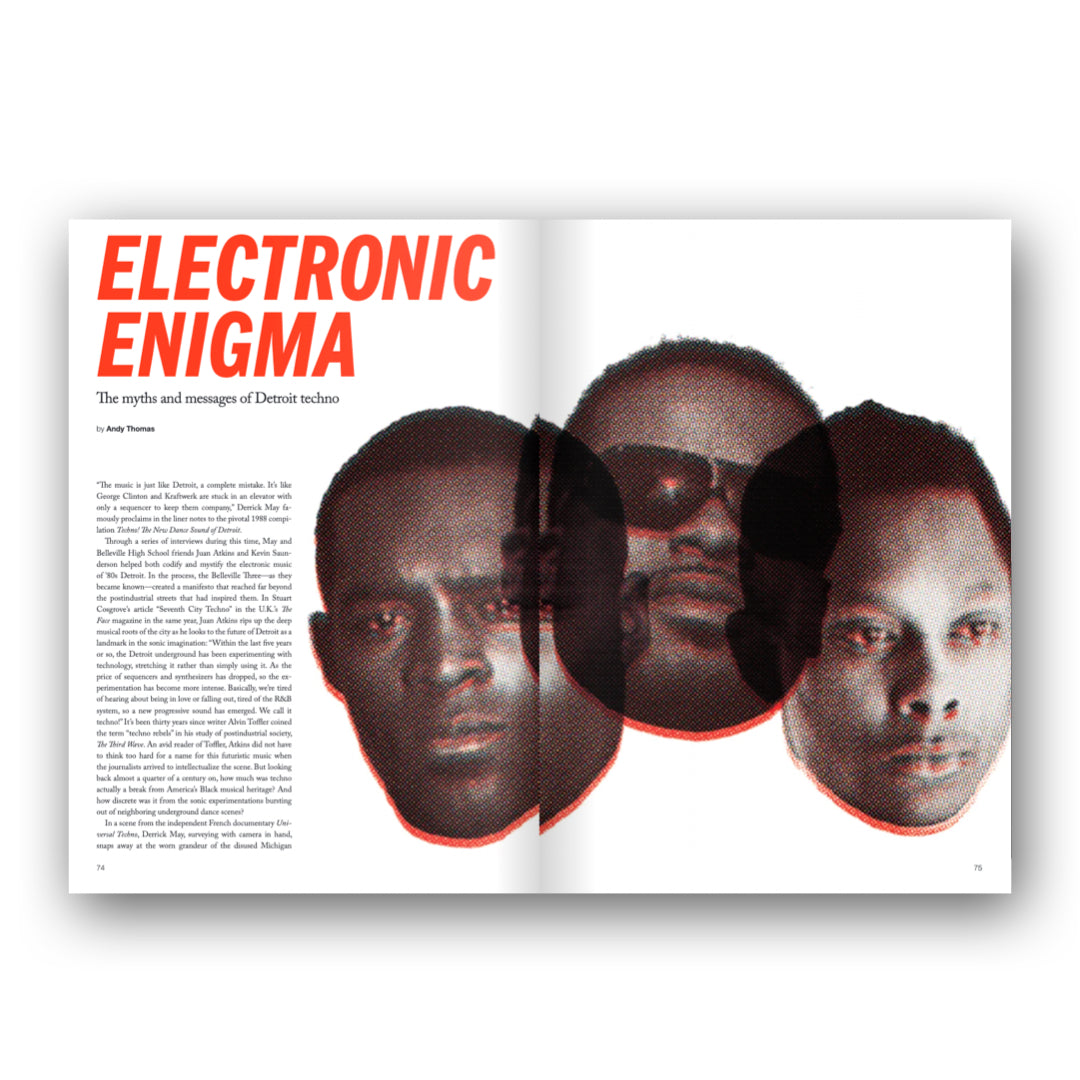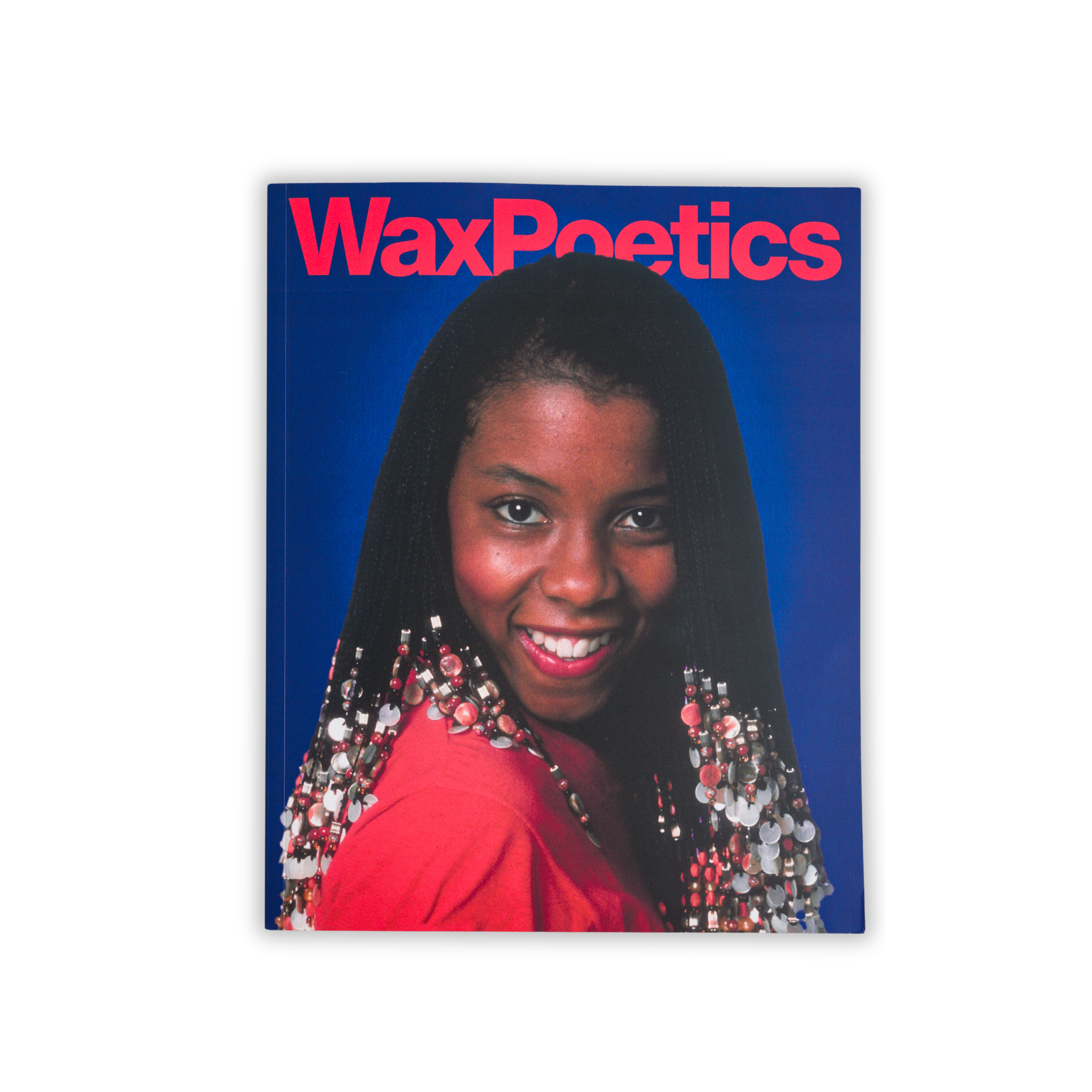

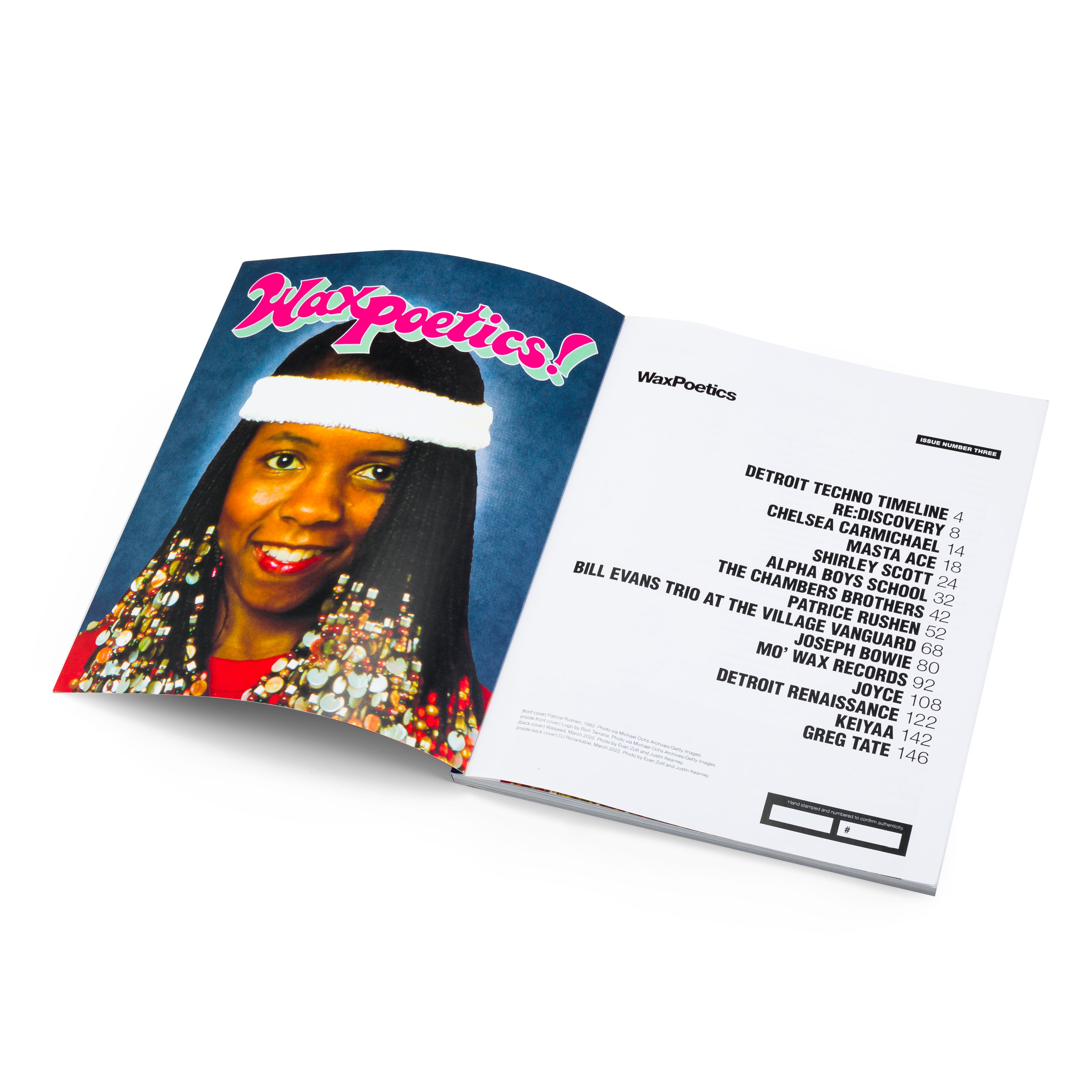
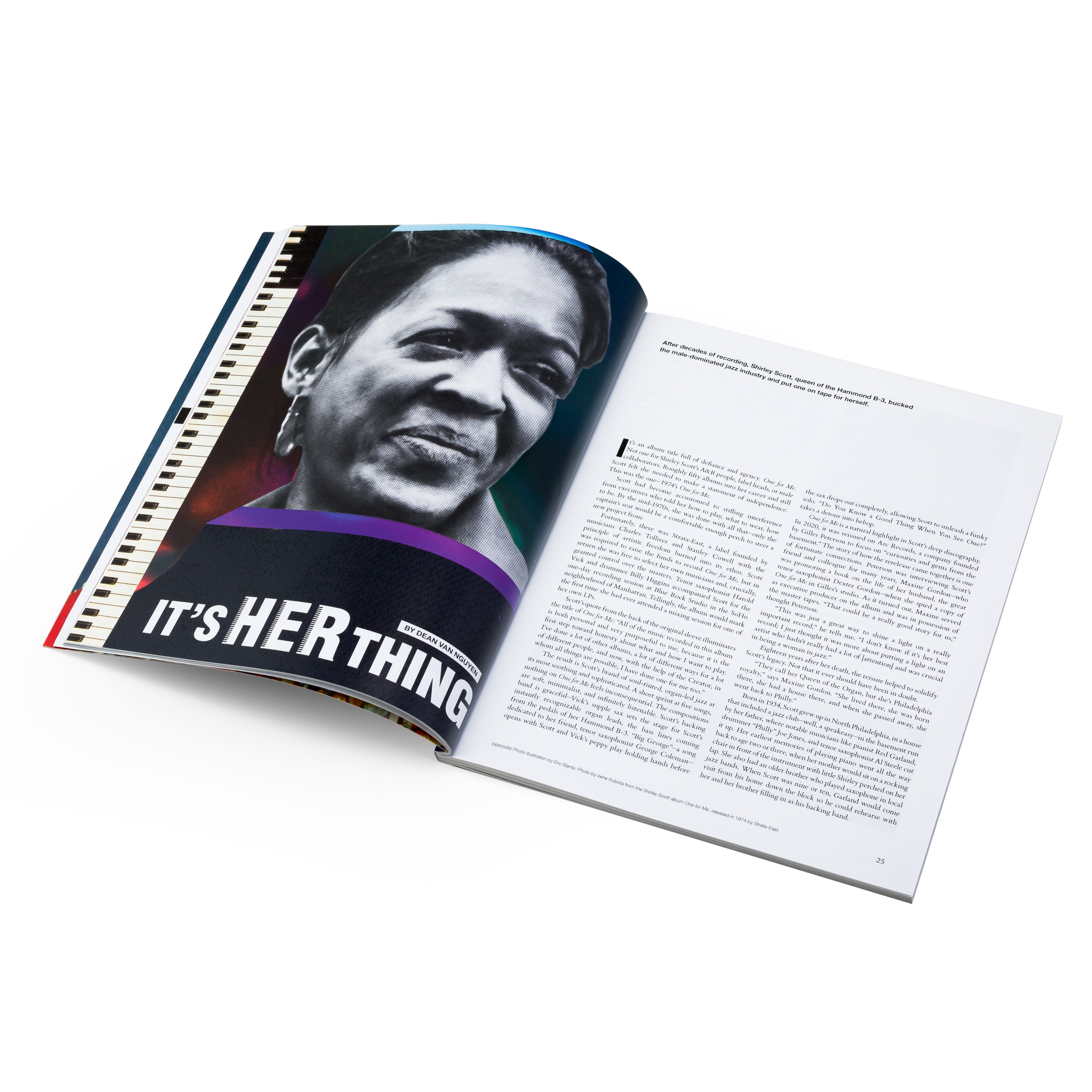


The Patrice Rushen / Waajeed Issue
Wax Poetics presents the third issue since its 2021 relaunch with another heavyweight 148-page journal packed full of timeless music stories, record spreads, archival photography, and original artwork.
FRONT COVER
The front is graced with Patrice Rushen, an accomplished jazz keyboardist who found her singing voice and embraced her love of R&B, becoming a bona fide star with the release of 1982’s Straight from the Heart, an album that featured the smash hit “Forget Me Nots.”
BACK COVER
Our other cover story dives into the history of Detroit techno, from the primordial electronics of Juan Atkins and the sonic upheaval of “Mad” Mike Banks’s Underground Resistance to Waajeed (featured on the back cover), whose Underground Music Academy aims to help the next generation of Detroit artists.
Pairs well with
Provenance
Disclaimer: Use of Recorded Material or Photography
By bidding on or purchasing any item from this collection that includes recorded audio material (such as master tapes, demo recordings, or unreleased sessions), or photography you agree to the following terms:
- These recordings and photographs are sold strictly for private, non-commercial use by the winning bidder only.
- Ownership of the physical item does not grant any rights to the underlying recordings, compositions, performances, images or intellectual property. All rights remain with the original rights holders.
- You may not reproduce, copy, distribute, publish, share, broadcast, perform, licence, monetise, or otherwise exploit them in any form.
- They must not be shared with third parties in any format, whether for free or for financial gain.
- Any unauthorised use may result in legal action, including claims for copyright infringement, injunctive relief, and recovery of damages and legal costs.
By proceeding with a bid or purchase, you confirm that you understand and accept these terms in full.
Before you bid
Before you bid:
Please note that, on top of the final bidding price, you (the buyer) will be charged the following:
- Buyer premium of 20% on top of the final hammer price. E.g. for a winning bid of $100, you will pay $120 plus shipping, insurance, and taxes. The buyer premium helps us invest in curation, appraisals, verification, content and platform development.
- Shipping, packing, insurance & handling costs - see 'shipping' section below for more details
- Import duties and taxes - these vary by location and are payable by the buyer upon delivery, if applicable
Shipping & insurance
Shipping method: All orders are shipped tracked.
Insurance: For all orders over $200 we will include 1.3% on top of the hammer price to cover insurance.
Packing: We work with trusted packing teams to ensure the best delivery of your items. This will be added to the final cost.
Expected delivery: Item ships 2 weeks after auction closes. Delivery time varies by location.
The bidding process
We run a popcorn bidding process. This means that if you put a bid in within the last minute of the auction, the clock will extend for another 5 minutes. This allows everyone time to get their bids in fairly.
If you have any questions, you are always welcome to contact us. We'll get back to you as soon as possible, within 24 hours on weekdays.
-
Shipping Information
Use this text to answer questions in as much detail as possible for your customers.
-
Customer Support
Use this text to answer questions in as much detail as possible for your customers.
-
FAQ’s
Use this text to answer questions in as much detail as possible for your customers.
-
Contact Us
Use this text to answer questions in as much detail as possible for your customers.
Need help?
Please read our FAQs page to find out more.
What is popcorn bidding?
Any bid that is placed within the final 10 minutes of an auction will reset the clock back to 10 minutes. This will continue happening until no more bids are placed.
It's the fairest way to make sure that everyone has time to put their final bids in.
How do Collections work?
Once the Collection goes live, as well as discovering our stories you'll be able to:
- Bid on auction items: These work like any other auction platform. Register an account to make a bid. We'll keep you updated on emails and SMS (if registered). There's more info on how auctions work in the FAQs below.
- Purchase 'buy-it-now' items: You'll need to move quick on these. They are fixed-price collector items that come directly from the artist themselves.
- Secure limited edition products: These are products that we co-create with artists. They're limited-run. Once they're gone, they're gone.
Pro tip: Make sure you have a Wax Poetics account before the Collection goes live so you can be first in line once the Collection goes live.
How do I bid on an item?
Simply create an account, and your account will be ready to place a bid.
Are there any verification requirements for bidding on an Auction item?
No. But please be aware that if you bid on an item and win the item, you will be required to pay for the item once the Collection has closed.
If you do not pay for the item, it will be offered to the next highest bidder and you will be banned from taking part in future Collections.
What is the Reserve Price?
The minimum amount the item must sell for. If the reserve price is not met, the Auction ends without a winner.
I placed a bid. What happens next?
You will be notified by email or SMS (if registered) about the status of your bid. You will receive notifications for the following:
- If you place a bid successfully
- If you are outbid
- If you win the item
If someone places a bid in the last minute the clock will be extended for an additional 2 minutes until no more bids are placed.
I won an auction item. What happens next?
Congratulations! You will receive an email confirming you have won from us.
We will then share final payment for you to complete. You must complete payment or come back to us within 48 hours. If you haven't paid after this time, we may cancel your winning bid, and the next highest bidder will be offered the item. If you do not pay for an item, you will not be permitted to bid on future Collections.
Can I cancel a bid?
No. Once you place a bid you need to be prepared to pay for it if you win. In exceptional circumstances, please reach out to info@waxpoetics.com in case you need additional support.


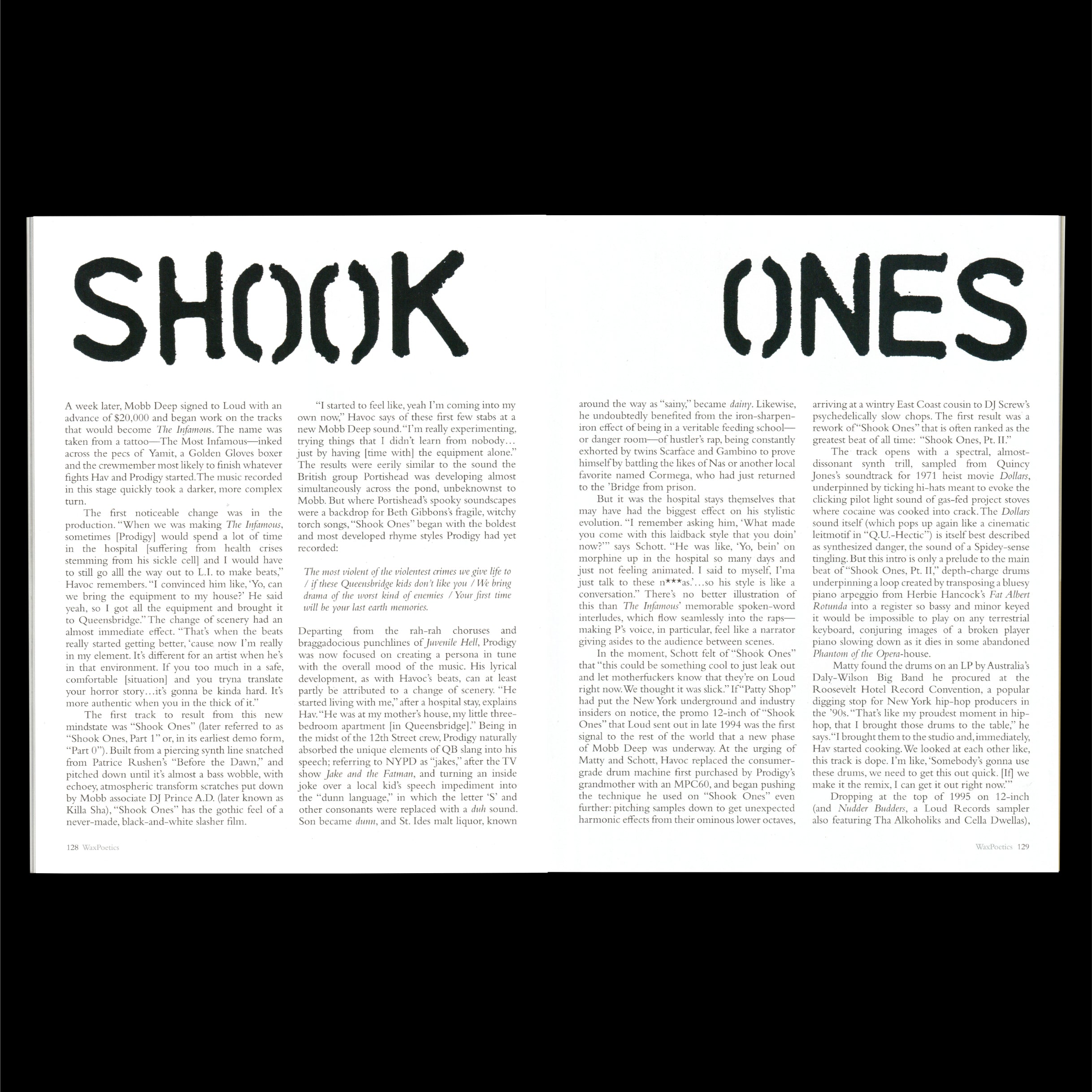

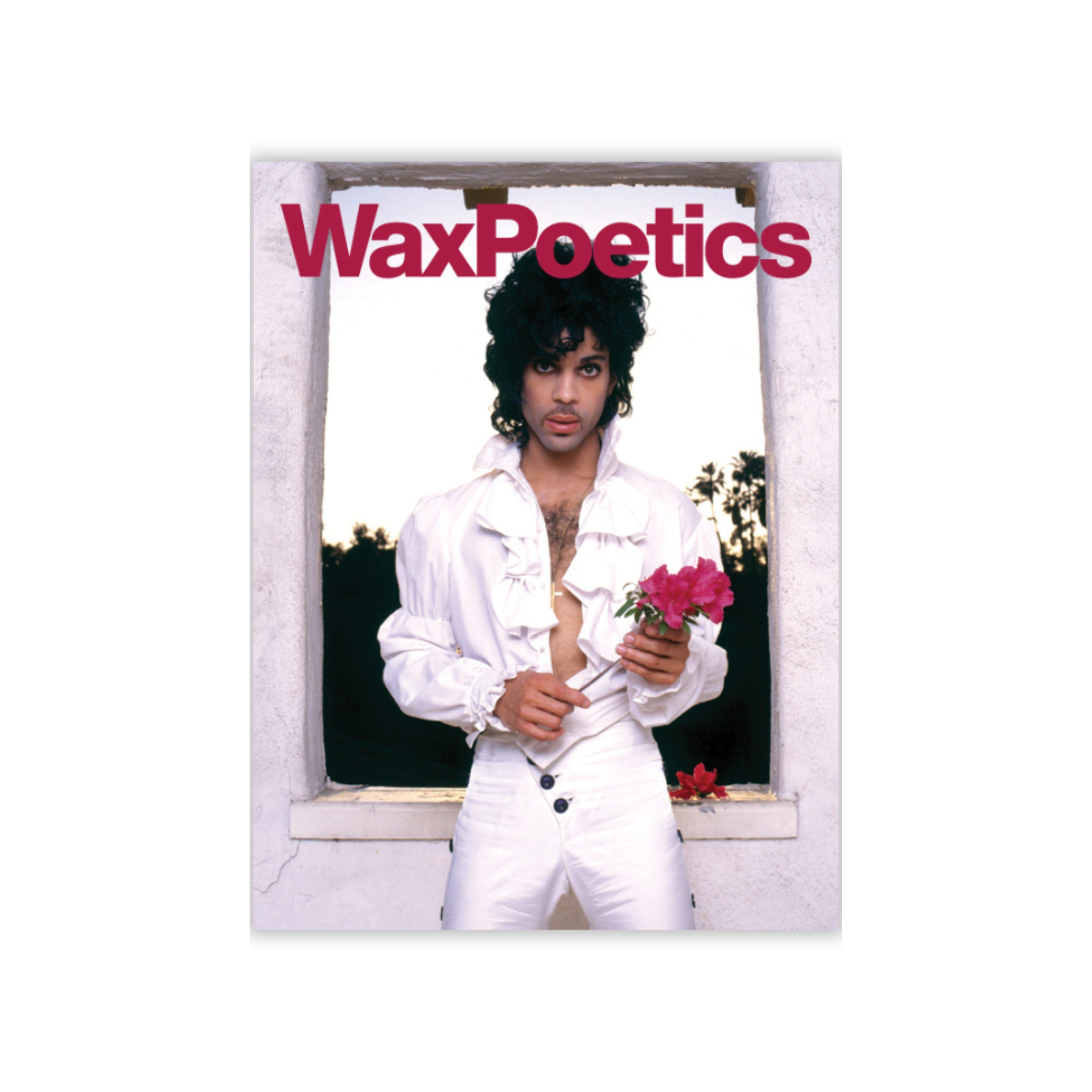

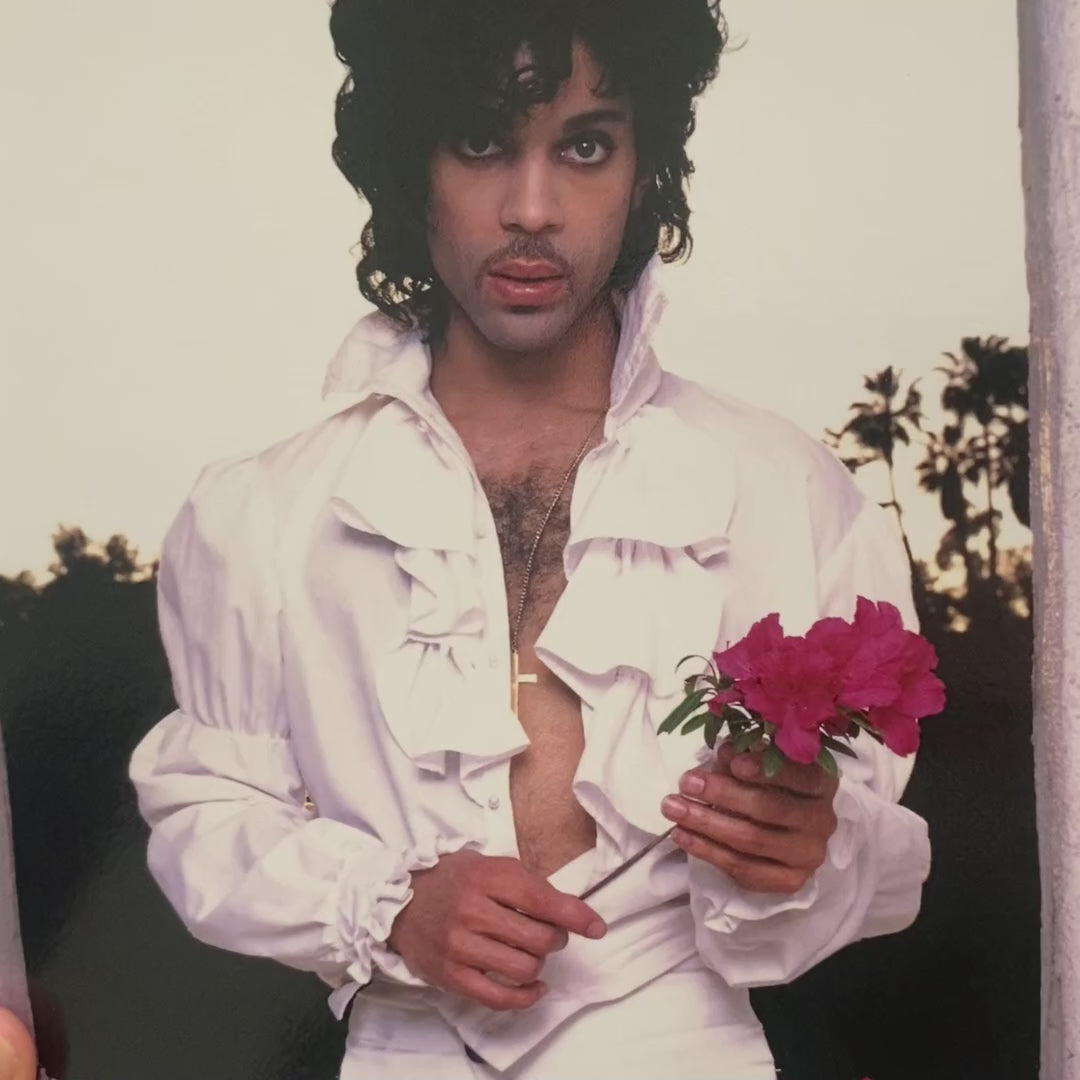
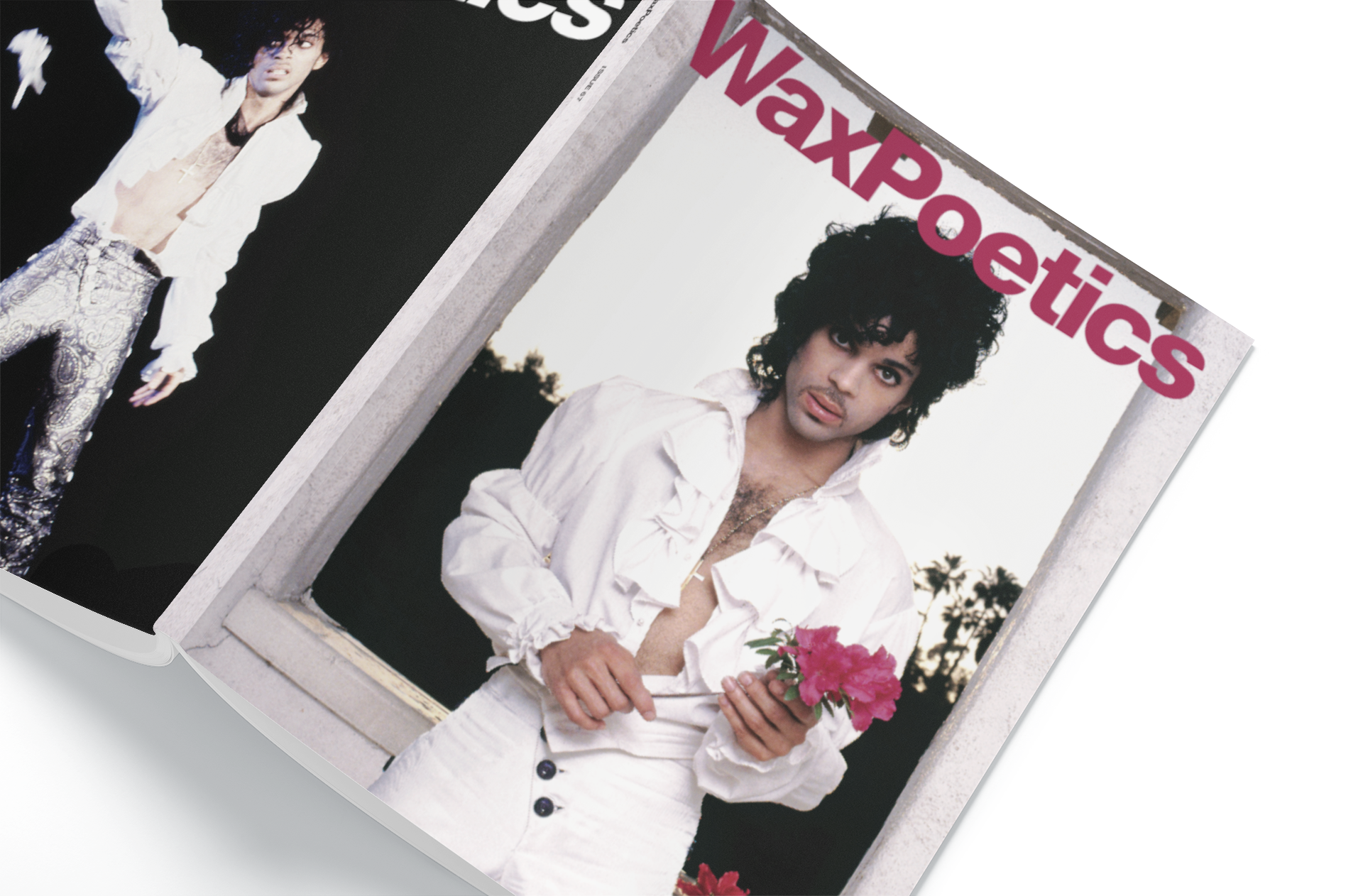


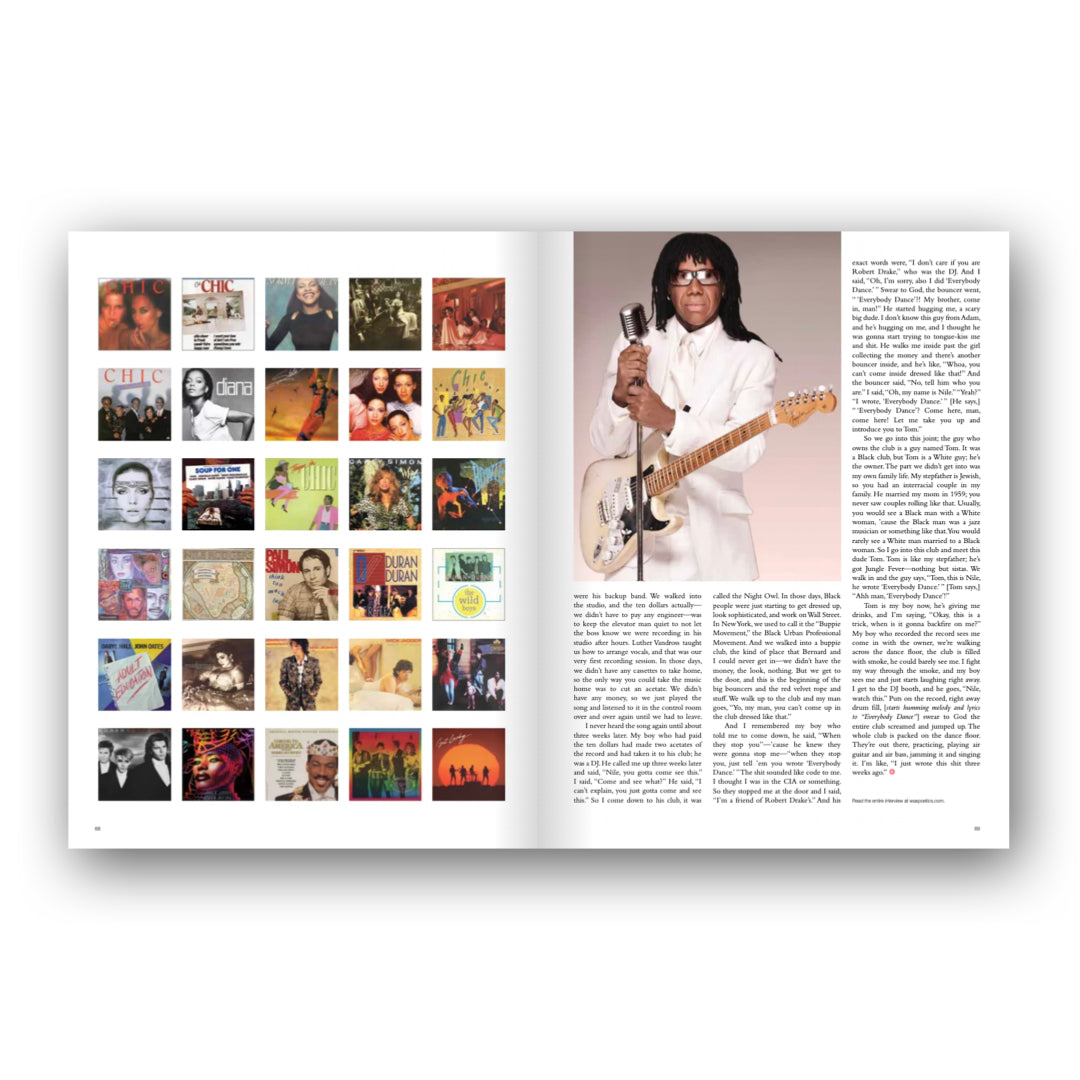



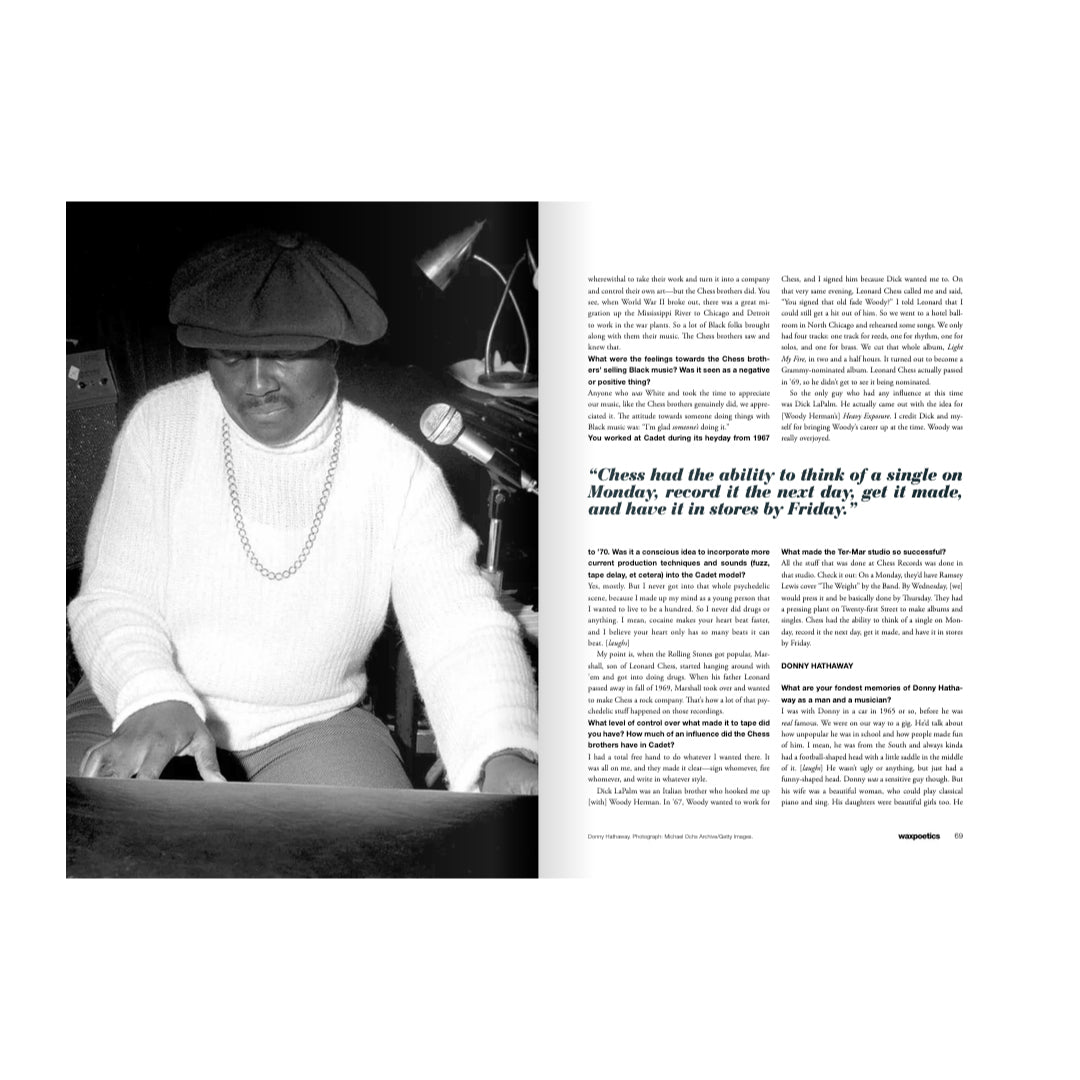
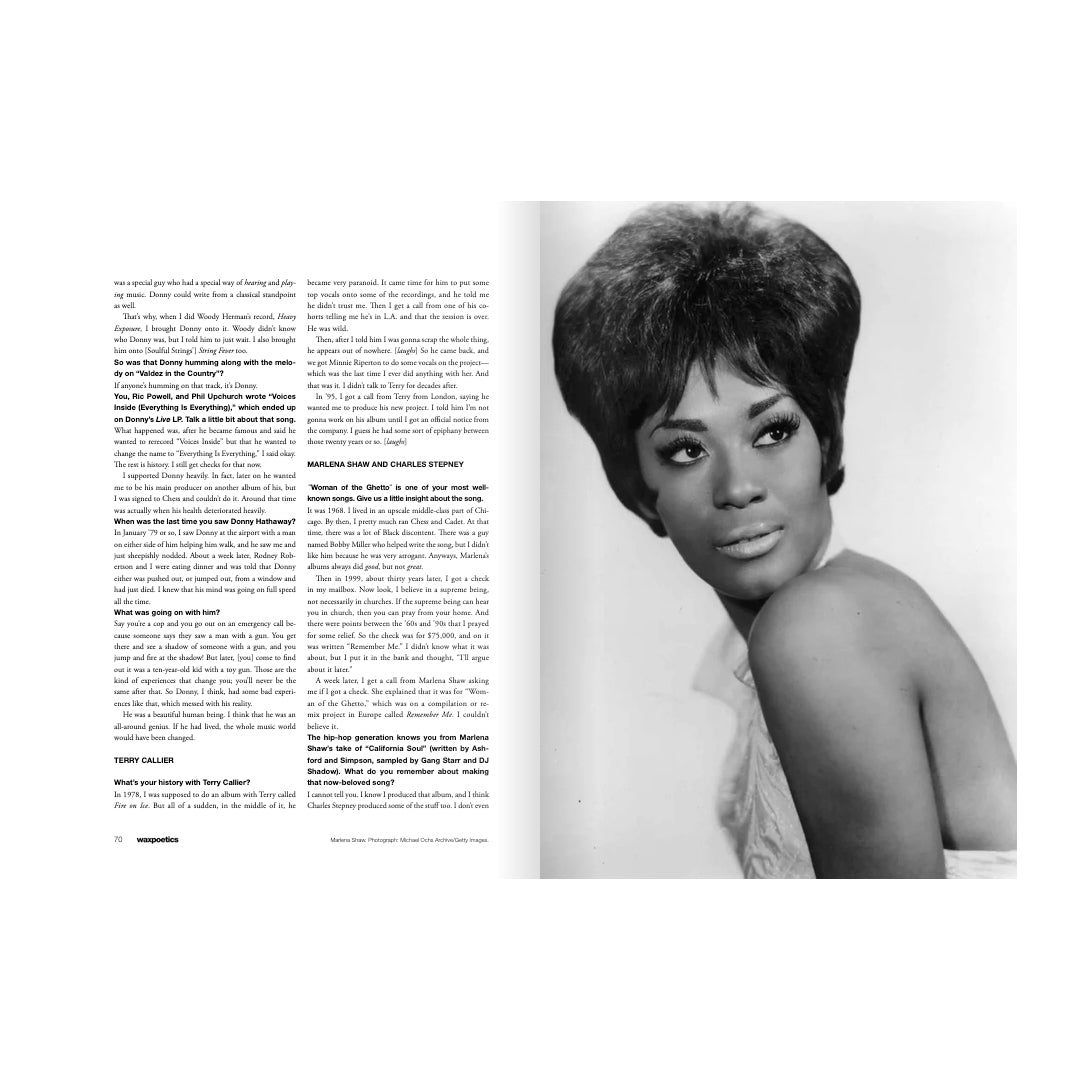


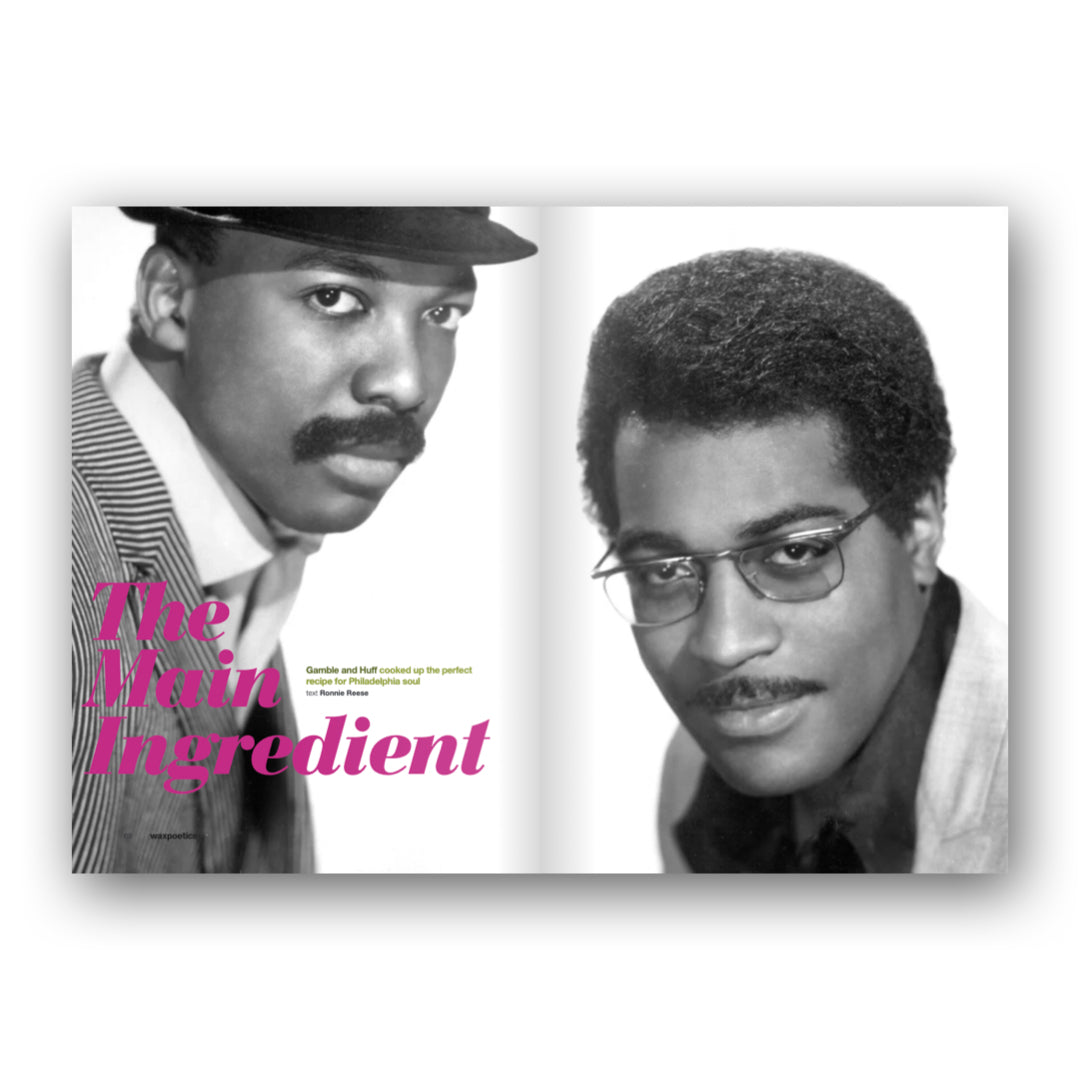
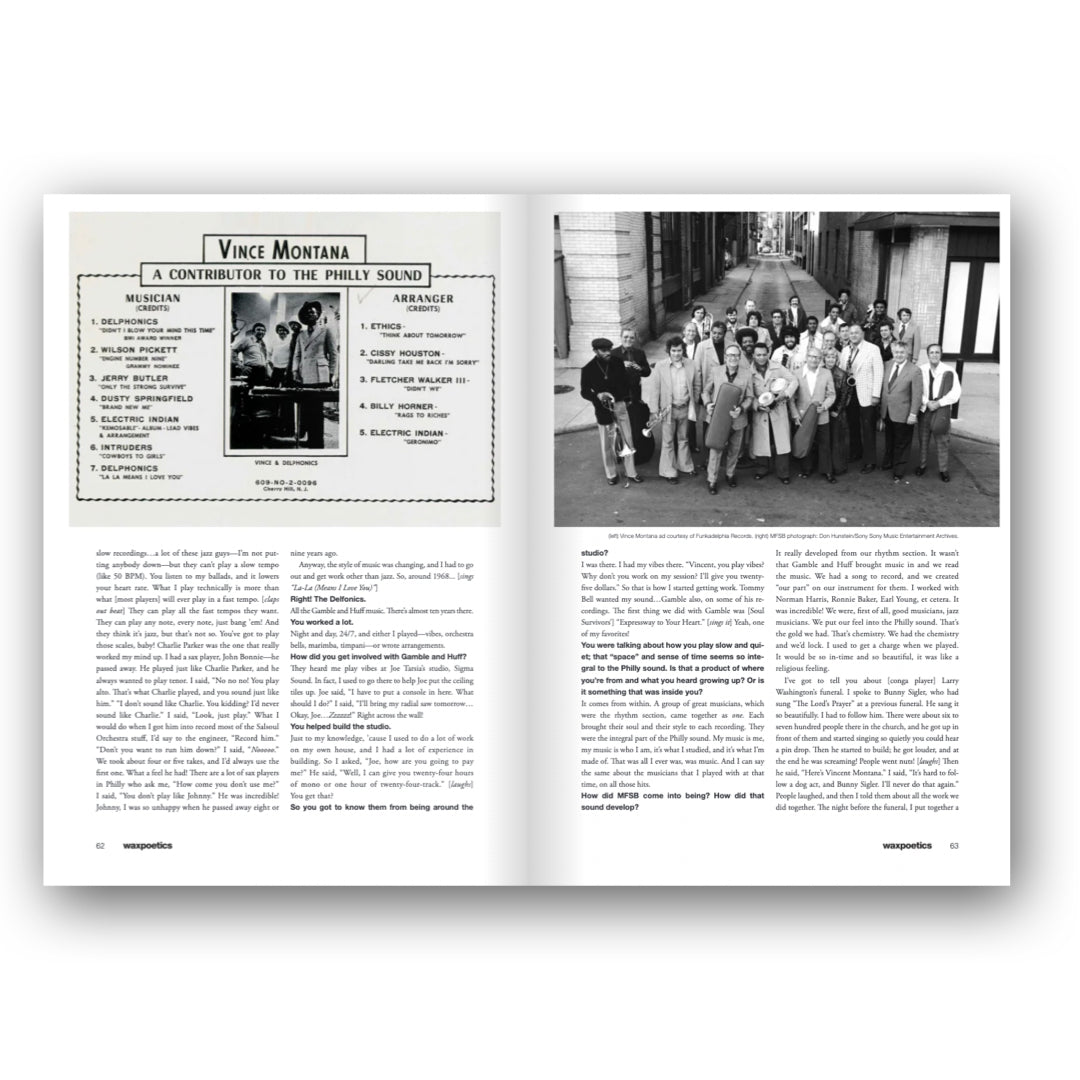





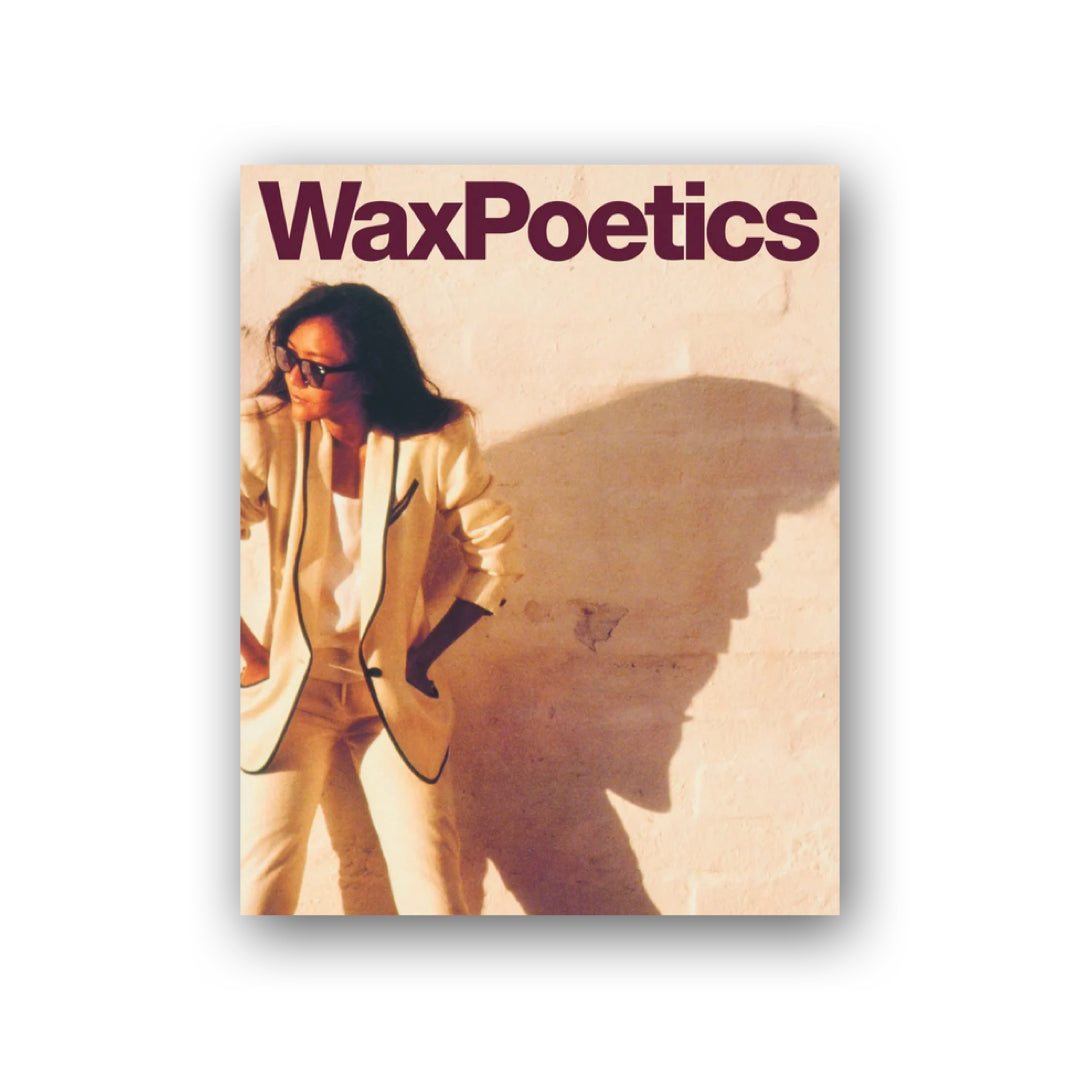


![The B.I.G Issue [50 years of hip-hop special]](http://waxpoetics.com/cdn/shop/files/DFG.005.jpg?v=1732886505&width=1080)
![The B.I.G Issue [50 years of hip-hop special]](http://waxpoetics.com/cdn/shop/files/biggiecoverAsset1.png?v=1689770982&width=1080)


